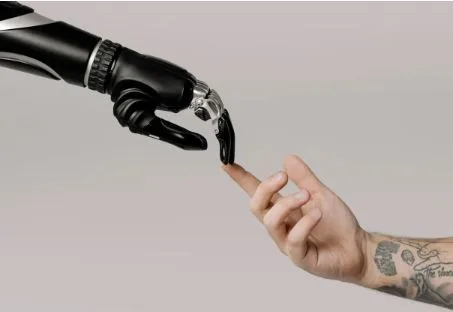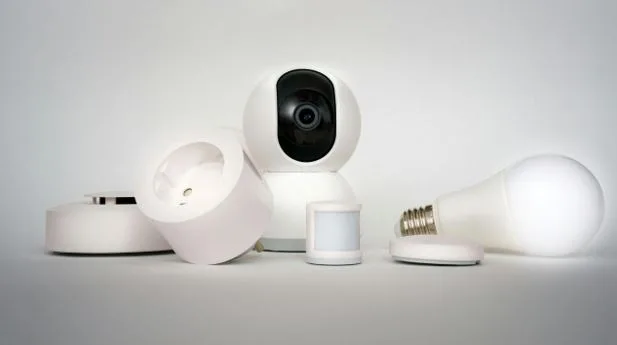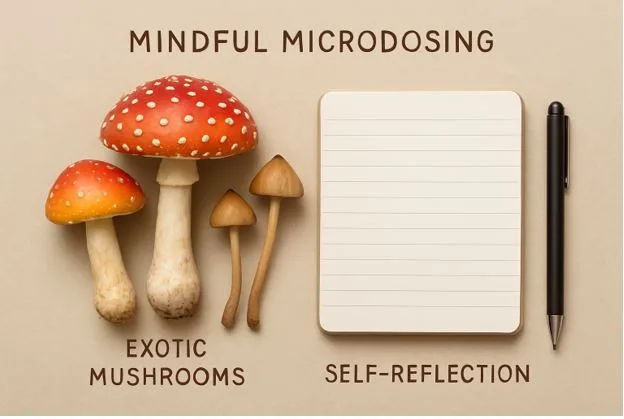AI vs. Human Traders: Who Wins in the World of Trading?
The world of trading has always been competitive, dynamic, and unpredictable. For decades, human traders relied on experience, intuition, and analytical skills to navigate complex markets. But today, a new competitor has entered the scene: AI trading. This raises one of the most debated questions in modern finance- will artificial intelligence outperform humans in trading, or is human intuition still unmatched?
In this article, we’ll explore the strengths and weaknesses of both AI and human traders, and how the future of trading might be shaped by the combination of both.
The Rise of AI Trading
Artificial intelligence has rapidly become a central part of financial markets. AI trading software uses algorithms, machine learning, and predictive analytics to analyze vast amounts of market data and execute trades with unmatched speed and accuracy.
Unlike humans, AI doesn’t get tired, emotional, or biased. It continuously scans financial indicators, news, and trends across global markets in real time. Hedge funds, investment banks, and even retail investors are now using AI-powered tools to make informed decisions and gain an edge.
Some of the main advantages of AI trading include:
- Unparalleled Speed – AI can execute thousands of trades per second.
- Emotion-Free Decisions – No fear, greed, or hesitation—only data-driven choices.
- Global Market Monitoring – AI systems track multiple markets simultaneously, 24/7.
- Risk Detection – Advanced software predicts risks and suggests hedging strategies.
Clearly, AI trading offers benefits that human traders cannot replicate on their own.
The Strengths of Human Traders
Despite the technological revolution, human traders still have unique advantages. Markets are not always logical—global events, political changes, and unexpected news often drive volatility. While AI analyzes patterns, humans can interpret context and nuance.
For example:
- Geopolitical events like wars or elections may influence markets in unpredictable ways.
- Market psychology is often irrational, something AI struggles to fully understand.
- Experience and intuition allow seasoned traders to spot opportunities beyond data.
A skilled human trader can sometimes make bold decisions in uncertain environments where AI may hesitate or miscalculate.
AI vs. Human: Head-to-Head Comparison
| Factor | AI Trading | Human Trading |
| Speed | Executes trades in microseconds | Limited by manual execution |
| Accuracy | Data-driven, reduces emotional errors | Can be influenced by emotions |
| Adaptability | Learns from patterns but struggles with unseen events | Can adapt quickly to new, unpredictable situations |
| Costs | Requires software investment but saves on manpower | Expensive in time and requires expertise |
| Scalability | Monitors multiple global markets 24/7 | Limited to individual trader’s capacity |
From this comparison, it’s clear that AI dominates in speed and data processing, while humans excel in adaptability and interpreting complex situations.
Can AI Replace Human Traders?
The short answer is not entirely. While AI has already replaced many manual processes in trading, human oversight remains essential. AI trading software works best when combined with human supervision, creating a hybrid model.
- AI handles the data – monitoring, analyzing, and executing with speed.
- Humans provide oversight – making high-level decisions, adjusting strategies, and responding to unexpected events.
This partnership ensures that trading is both efficient and adaptable.
Risks of Over-Reliance on AI
Although AI trading has clear benefits, relying too much on technology has risks:
- System Failures – A software glitch could lead to massive losses.
- Over-Optimization – AI may work perfectly in theory but fail in real market conditions.
- Ethical Concerns – Powerful AI tools may create unfair advantages for large institutions.
Human traders act as a safeguard against these risks, making oversight crucial in financial markets.
The Future: Collaboration, Not Competition
Instead of viewing AI and human traders as competitors, the future of trading lies in collaboration. AI provides speed, precision, and real-time insights, while humans bring creativity, adaptability, and strategic thinking.
Some experts believe that in the next decade, 90% of trades will be AI-driven, but human traders will continue to play a vital role in oversight, regulation, and interpreting broader market dynamics.
Final Thoughts
The debate between AI trading and human trading isn’t about who will win—it’s about how both can work together. AI is already reshaping global markets, offering efficiency and accuracy that humans cannot match. However, human judgment remains essential for interpreting complex events and ensuring responsible trading.
The best results will come from combining the strengths of both worlds. In the future, successful traders will not be purely human or purely AI—they will be a hybrid of intelligence and technology, leveraging the best of both to thrive in global financial markets.





